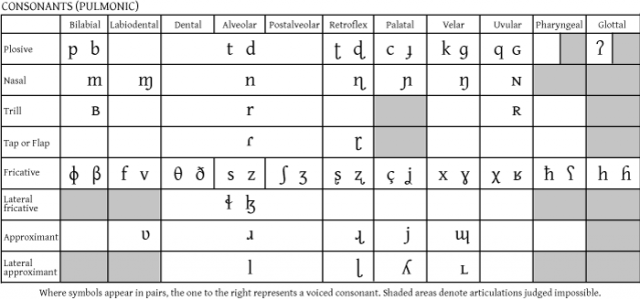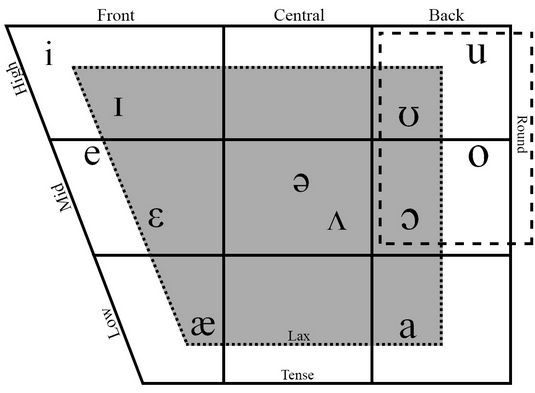1118: The Person That... Dec 31, 2017
English speakers are not terribly comfortable with using 'it' for humans older than infants . People elect to use other terms, such as 'they', to be neutral —semantically, not grammatically—when the pronoun needed is the subject (and 'them' for objects) of a given verb, but relative pronouns tell a different story. 'That', among other things, is the non-human equivalent of 'who' for relative clauses, e.g. 'the chair that rocks is used by the man who rocks (in it)". Nevertheless, it is nothing rare to see 'that' used for people, such as in the title of the 1999 work "The Woman That Never Evolved" by Sarah Blaffer Hrdy which, uncharacteristic for feminist literature, could be said to use a non-human pronoun for 'woman', though likely nobody would take a stance serious. This did not cause controversy because it is rather a non-issue in terms of political correctness, even if some prescriptivists dislike its use. Th


